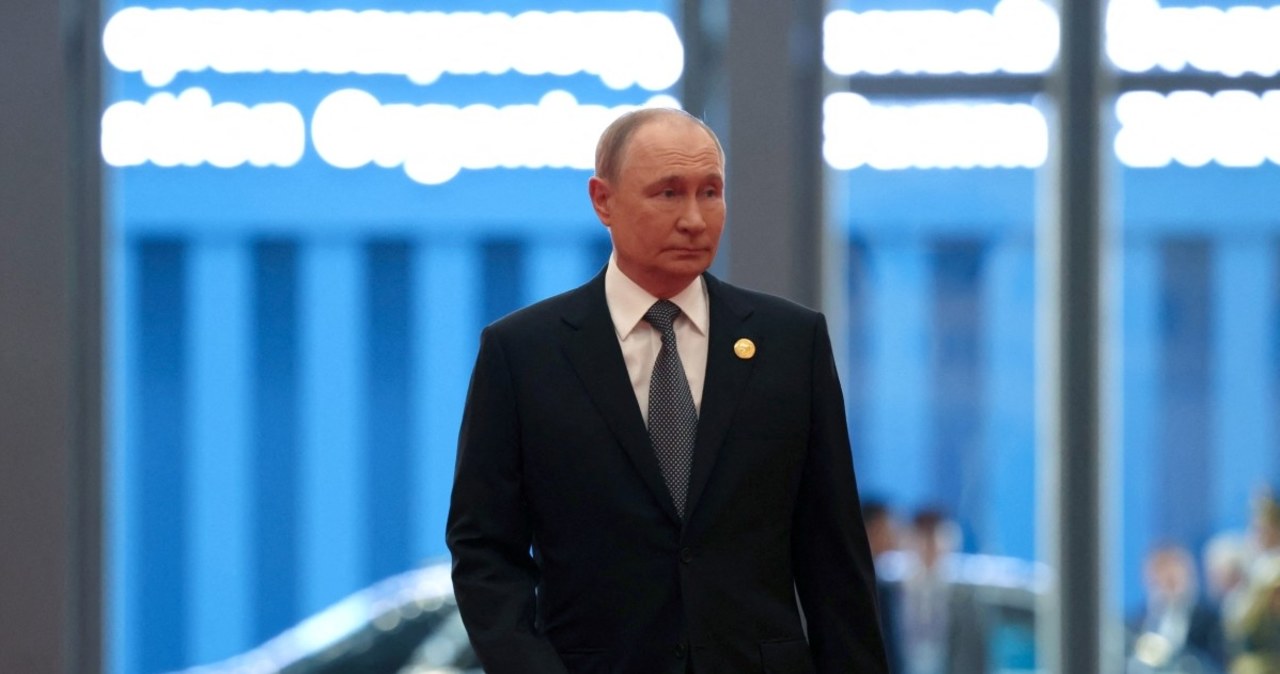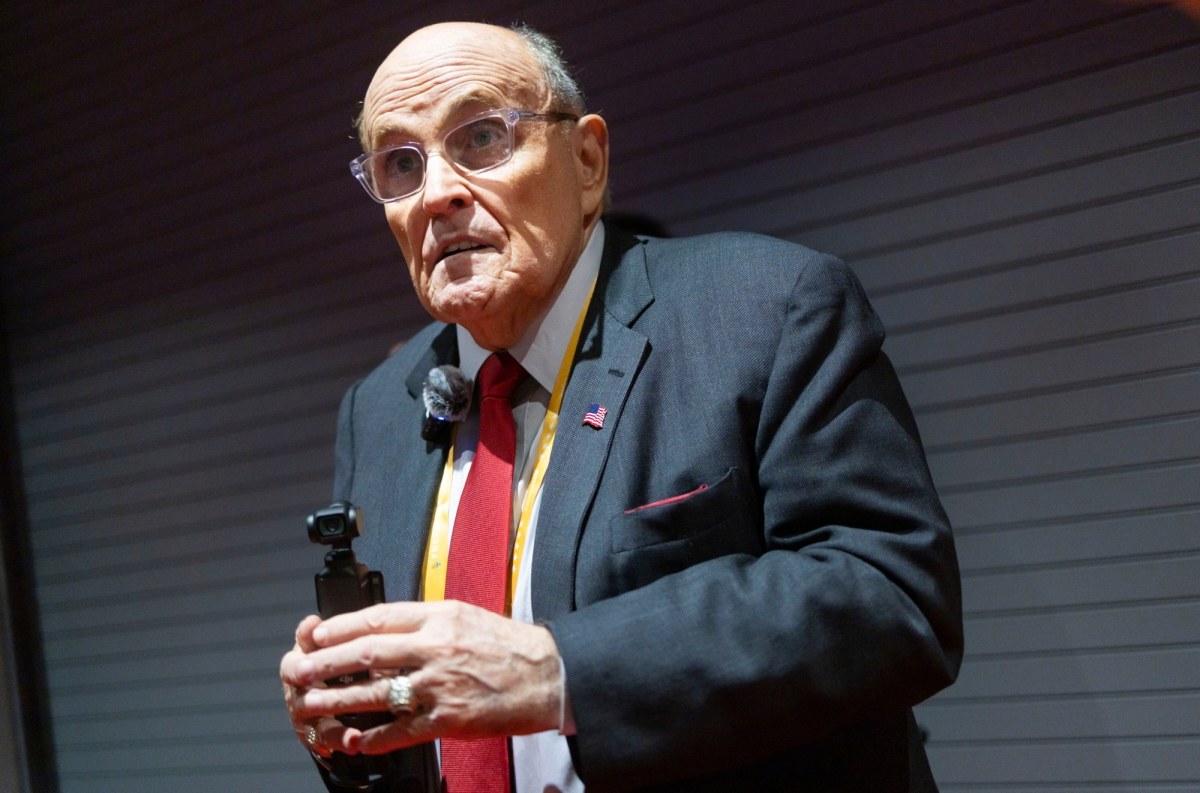
DOGE’s Second Act
Via OpenTheBooks.substack.com,
As Elon Musk steps back, Congress, agencies and We the People need to step up…

When Elon Musk announced on a less-than-stellar Tesla earnings call that “starting probably next month, May, my time allocation to DOGE will drop significantly,” DOGE critics rejoiced.
Yet, as Teddy Roosevelt so aptly said, it’s not the critic who counts, but the person who enters the arena.
President Trump praised Musk at his cabinet meeting marking his first 100 days and said Musk “opened up a lot of eyes as to what could be done.”
Trump signaled DOGE’s first act was coming to a close, and its second act was about to begin.
At Open the Books, we’re committed to transparency and helping taxpayers understand what DOGE has uncovered. Taxpayers deserve to know what cuts have been made and what remains to be done. Critics have raised concerns in both good and bad faith, in my view, and we’re committed to a reality-based conversation about the data and results.
I’m appreciative of Musk’s effort because I know first-hand what it’s like to be demonized for trying to downsize the modern administrative state. As the long-time Communications Director and co-author for the late U.S. Representative and Senator Tom Coburn (R-OK), I spent nearly 15 years in constant combat with people who treated commonsense restraint as a crime against humanity.
Coburn, a practicing physician and citizen legislator, believed in radical concepts like reading bills before you voted on them and paying for bills that spent new money by spending less money elsewhere. He believed the Senate, the world’s greatest deliberative body, needed more debate not less. Instead of bending the knee to Senate norms like passing “non-controversial” bills by unanimous consent, Coburn would hold bills until savings could be discovered or at least debated. Some of his colleagues derided his desire for open debate as “obstructionism” and called him “Dr. No.”
In 2008, Coburn’s commitment to deliberation and spending offsets pushed then-Senate Majority Leader Harry Reid (D-NV) over the edge. Reid bundled 36 of Coburn’s “holds” on bills ranging from the “Captive Primate Safety Act” to the “Christopher and Dana Reeve Paralysis Act” into one package called the “Advancing America’s Priorities Act.”
During one demagogic tirade, Reid declared, “You go home and tell people in a wheelchair you voted against moving forward on something that could get them out of their wheelchair.”
In Reid’s view, wanting basic research to be fiscally sustainable and financed by cuts to lower-priority items meant you were pro-paralysis. Today, it’s DOGE’s turn to endure the ire and moral condescension of scorned spenders. If DOGE’s critics in Congress hated government waste half as much as they hate Musk our debt and deficits would have been erased long ago.
To his credit, Musk often said DOGE would make mistakes but would try to correct them as quickly as possible. His admission of fallibility was refreshing and rare in politics and could have been taken as an invitation for collaboration. Sadly, partisan tribalism blinded Musk’s critics from seeing openings to find common ground.
DOGE’s second act can succeed by focusing on two key priorities that build on lessons learned in a rapid-fire first hundred days.
First, enact real-time transparency by creating “America’s Checkbook.” The most important achievement of DOGE’s first act was arguably gaining access to the Treasury Payment system, which is the administrative state’s Holy of Holies. Opening the payment temple to all taxpayers and letting them see federal expenditures in real-time would lock in a permanent and revolutionary win. Doing so would also remove much of the uncertainty on which DOGE’s critics rely – and stoke. And why not? Ordinary Americans have the same right to see America’s bank account as they do their own. After all, it’s their money.
Our founders understood that transparency was a powerful, relentless, and subversive force for freedom. Transparency cuts through government like water cuts through stone. When its steady flow finds cracks, it can wash away mighty walls of opposition. That’s why they wrote transparency into Article I of the Constitution. Their language demanding a “regular accounting” of expenditures precedes the Bill of Rights, the First Amendment and freedom of speech. They understood that in the public square transparency is like oxygen. We can’t speak if we can’t breathe.
If Madison and our framers had access to today’s technology, they would demand real-time transparency. Fortunately, the framework for real-time transparency already exists. In 2006, Coburn teamed up with an ambitious young Senator from Illinois named Barack Obama to put all federal spending online for the first time. Our dream was to create an ecosystem of organizations and citizen activists who would crowdsource oversight and put permanent downward pressure on spending.
The Coburn-Obama bill created USASpending.gov, a platform to search past federal spending. It helped enable organizations like Open the Books, which I run, to exist along with thousands of other individual accounts on platforms like X. DOGE should urgently close the gap, and lag time, between what they can see on the Treasury Payment System and what is visible to everyone else on USASpending.gov. Leaving this gap open asks taxpayers to take DOGE’s word for it. “Trust us, we’re with the government” isn’t a winning strategy whether you’re wearing a blue jersey or red jersey. In DOGE’s defense, the lack of clarity in accounting isn’t easy to correct if it’s at the source of spending. Taxpayers and Congress need much greater clarity and insight into the nature of the problem that only transparency can correct.
DOGE’s second act also should feature much closer collaboration with legislators who have the authority to enact smart and durable cuts. We already have a permanent standing deficit reduction commission. It’s called Congress. What DOGE can do is deliver its findings to Congress, and the American people, with the same level of clarity, transparency and rigor as a prosecutor would make a case in court. Then, members of Congress will have the support they need to achieve durable savings with the force of law. Cancelling contracts and Executive Orders are reversible actions. Congress has the power to make DOGE’s actions and recommendations much harder to reverse.
DOGE has a window of opportunity to work with allies in Congress who are willing to do the work necessary to achieve savings. I recently testified before the House DOGE Subcommittee during their hearing on the federal real estate portfolio. My testimony focused on a “broken windows” argument that spending less lavishly to decorate and redecorate the administrative state’s mostly vacant buildings can usher in greater savings. When DOGE, Congress and outside groups focus on commonsense savings targets the wisdom of crowds – democracy – can prevail over the bureaucracy.
Real spending cuts are achievable in Washington. Between 2011-2013, Coburn and Tea Party-era members helped achieve the first two-year spending reductions since the end of the Korean War and saved taxpayers $150 billion; we enacted a ban on earmarks that saved about $140 billion; and we leveraged debt limit negotiations to force the Government Accountability Office to publish an annual report on duplicative programs. GAO claims those have resulted in $667 billion in savings. That comes to $957 billion saved. Had we had someone of Musk’s stature in our corner we could have accomplished so much more.
As Musk transitions away from a day-to-day role, he can still invest the currency of his celebrity in serious reform efforts and challenge the country to dream big. Rather than scaling back the scope of what DOGE can accomplish and settling for $160 billion in savings, he should go back to the much more ambitious target of more than $2 trillion in savings.
This is a realistic and necessary target. President Reagan’s Grace Commission found that one in three tax dollars is wasted. In today’s budget numbers, one-third of $6.75 trillion (last year’s spending total) is $2.25 trillion. DOGE is right to investigate fraud, and their work on that front can lead to enormous savings, but hitting this larger $2 trillion target will require Congress and the administration to reimagine how mandatory programs like Medicare, Medicaid and Social Security can better serve lower and middle-income Americans. Musk can challenge the bipartisan surrender caucus that would rather see these 90 and 60-year-old programs collapse than be renovated. When members pledge to “not touch” entitlements they are protecting themselves, not seniors or poor people. Not touching these programs guarantees their demise, American decline and weakness, and unimaginable economic suffering.
Today’s political conditions are much more favorable for fiscal reform than during the Reagan years and Tea Party era when we still made gains. In the past, demagogic attacks about hurting poor people and “keeping people in wheelchairs,” as Reid claimed, had more potency. With today’s political realignment, the GOP is now the working-class party.
Now is the time to be bold. This is a 1989 moment for America – a chance to tear down the bureaucratic wall that has separated We the People from their government for 100 years.
DOGE may be the most unifying Trump administration initiative. People hope Trump’s tariff gambit works, but they know DOGE, which is a movement more than a rebranded department, can deliver lasting change. Politicians define themselves by the hills they die on and DOGE is the high ground.
DOGE is popular because it’s rooted not just in common sense but American constitutional first principles. As Thomas Jefferson said, “The natural progress of things is for liberty to yield and government to gain ground.”
As the president said, eyes have been opened. Now it’s time to look, learn and act.
Every dollar saved in Washington is a dream realized somewhere in America. DOGE’s second act can be a time to dream new dreams and deliver real growth and opportunity.
Tyler Durden
Tue, 05/13/2025 – 17:00

 3 miesięcy temu
3 miesięcy temu













